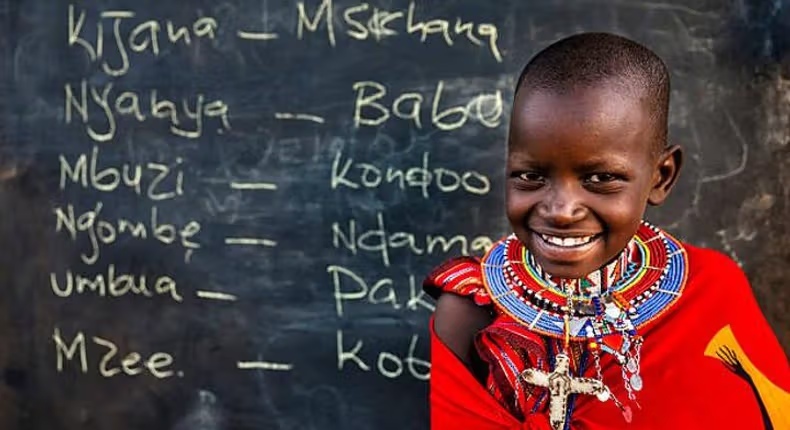Each language carries stories from the past, traditions, and unique perspectives on the world. Sadly, many of these languages are fading away, taking with them invaluable cultural heritage. Imagine if your own language started to disappear, along with the tales and customs you cherish. Here, we explore seven languages that are slowly dying out.
1. CHAMICURO
Chamicuro is spoken in a small region of Peru, with fewer than ten fluent speakers today. The younger generation increasingly prefers Spanish, leaving Chamicuro behind. Although efforts are being made to document it, time is running out.
2. DUMI
Originating from the hills of Nepal, Dumi is now spoken by only a handful of elderly individuals. The rugged terrain has historically isolated Dumi speakers, but modernisation is prompting younger generations to migrate to cities and adopt more prevalent languages, leading to Dumi’s decline.
3. ONGOTA
In Ethiopia, Ongota is the language of a small tribe near the Omo River, with fewer than a dozen speakers remaining. As the community shifts to a neighbouring language for daily communication, Ongota faces the risk of extinction, particularly as elders pass away without teaching it to the next generation.
4. LIKI
Found on a tiny island in Indonesia, Liki has seen its number of speakers diminish due to natural disasters and migration. As the community integrates with others, Liki’s unique sounds and words may soon be lost if preservation efforts are not implemented.
5. TANEMA
On the Solomon Islands, Tanema is nearly silent, with only one known speaker left. This language contains the island’s history and myths. Without someone to pass it on, these stories risk vanishing forever, making it crucial to document Tanema before it’s too late.
6. NJEREP
Njerep, from Cameroon, has only a few elderly speakers left and is rarely used. Younger community members are gravitating towards more dominant languages, illustrating the struggles smaller languages face amid globalisation.
7. CHEMEHUEVI
Once spoken by indigenous tribes in California and Arizona, Chemehuevi is undergoing revival efforts, but speakers remain scarce. The language’s survival depends on committed initiatives to preserve its unique cultural significance.
CONCLUSION
When a language dies, we lose a piece of human heritage, akin to losing a precious book that can never be read again. It’s essential to recognise the value of these languages and support efforts to preserve them, ensuring that future generations can inherit the rich tapestry of human culture

